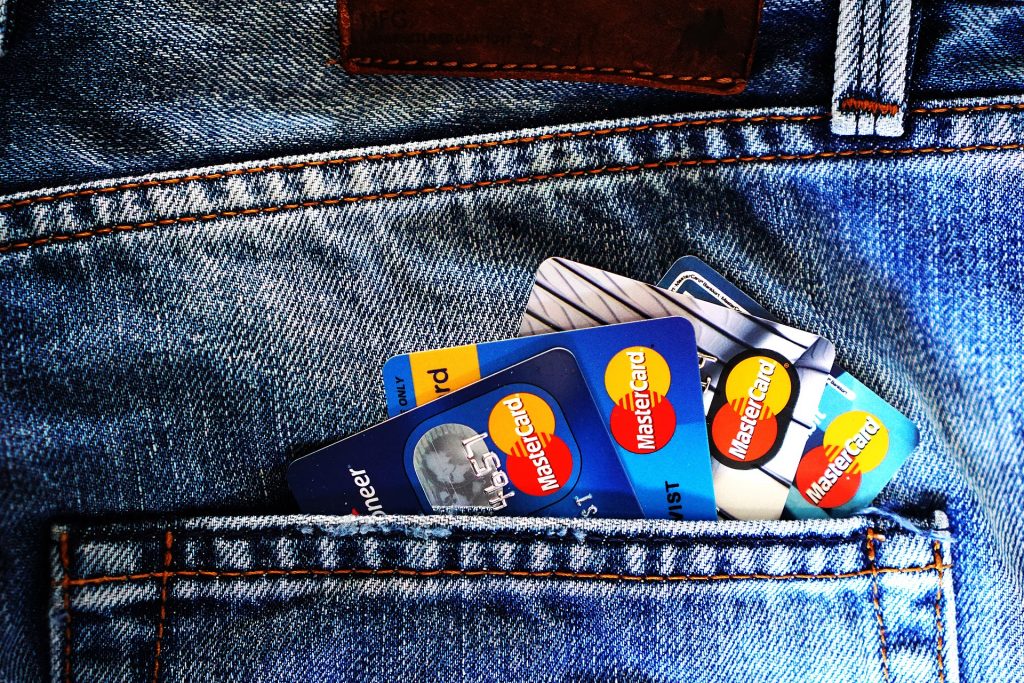NERALY every adult in the UK could be in line for a payout from Mastercard after a £14billion damages claim against the payment provider was revived by the Court of Appeal on Wednesday 17 April.
The legal action is being brought against the card giant by Former financial ombudsman Walter Merricks. He said the maximum payout from the proposed ‘opt-out’ claim will be around £300 for anyone over the age of 16 and who was a resident in the UK for three months or more between 1992 and 2008.
Around 46.2million people could qualify for the payout – including those who have never had a Mastercard, according to Merricks.
He alleges that the firm’s breaches of competition law, formed by the European Commission in 2007, have led to all UK consumers paying higher prices on purchases from businesses that accepted Mastercard.
His claim seeks damages and interest totalling £14.098billion, and is one of the first mass consumer claims brought in the UK after a class action was introduced in 2015.
Senior judges in London today found the Competition Appeal Tribunal had applied the wrong legal test in deciding whether to give the claim the go-ahead.
It means the tribunal will now have to reconsider what has turned into the biggest class action in British legal history.
Lord Justice Patten, sitting with Lord Justice Hamblen and Lord Justice Coulson, said the CAT ‘demanded too much’ information about how the fees Mastercard charged on transactions were said to have been ‘passed on’ to consumers.
The judge also ruled the tribunal misdirected itself in relation to how any damages which might ultimately be awarded were to be divided among the claimants.
In a statement after the ruling, Mr Merricks said: ‘I am very pleased with today’s decision.
‘It is nearly 12 years since Mastercard was clearly told that they had broken the law by imposing excessive card transaction charges, damaging consumers over a prolonged period…
A Mastercard spokeswoman said the company was seeking permission to appeal against the ruling to the Supreme Court.
